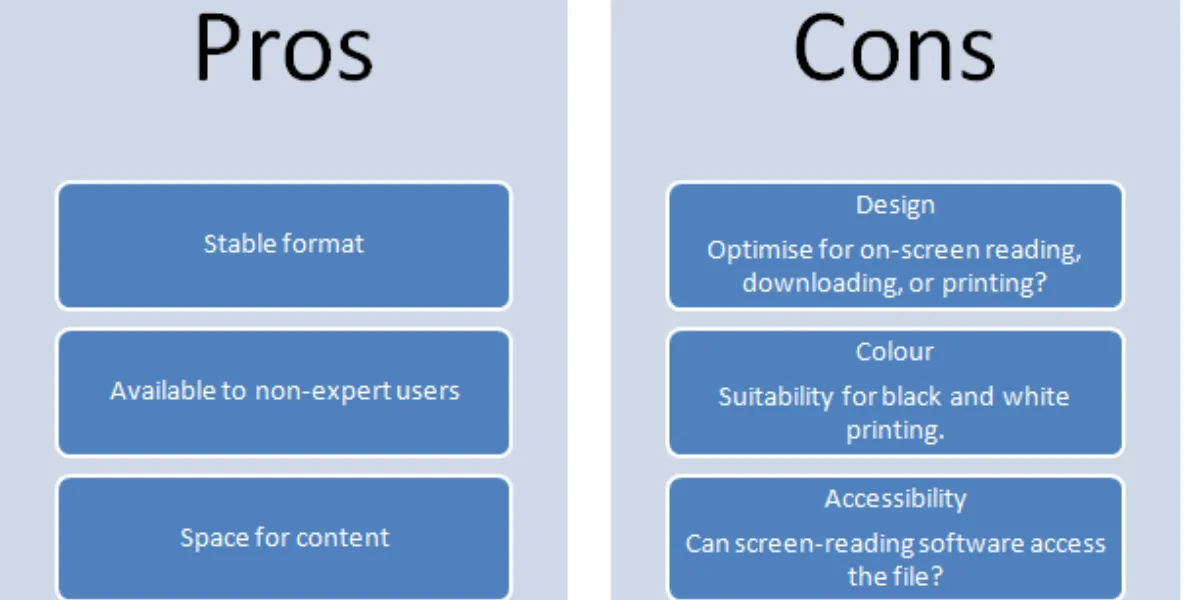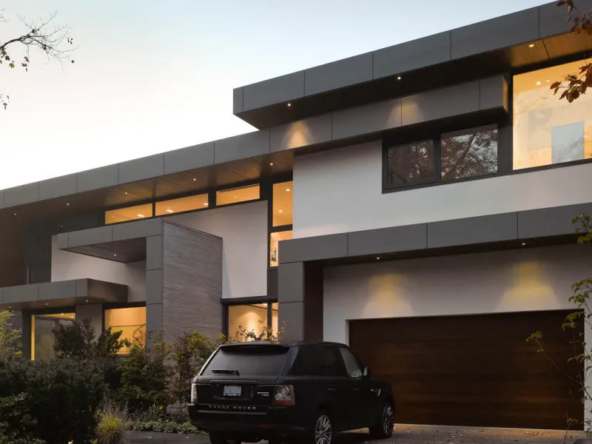Higher Floor Units: Pros and Cons | Making Informed Property When searching for a new home or investment property, one of the key decisions to make is the floor level. Does it pay to be at the top? This question often arises when considering higher floor units in a building. In this article, we’ll explore the pros and cons of buying higher floor units, helping you make an informed decision that suits your lifestyle and preferences.
What Are Higher Floor Units?
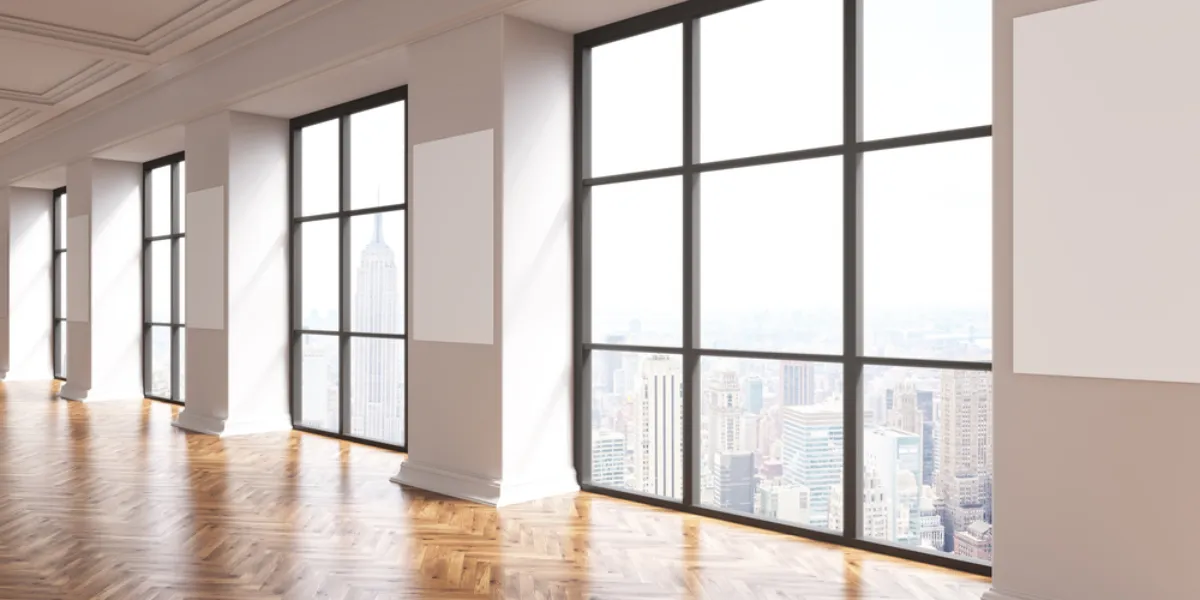
Higher floor units are residential properties located on the upper levels of a building, typically above the ground floor. These units offer different advantages and disadvantages compared to lower floor units, influencing factors such as privacy, views, and accessibility.
Pros of Buying Higher Floor Units:
Increased Privacy and Security: Higher floor units often offer enhanced privacy and security, as they are less accessible to unauthorized individuals. With fewer neighbors passing by and reduced street-level noise, residents on higher floors can enjoy a greater sense of seclusion.
Better Views:

One of the most prominent advantages of higher floor units is the breathtaking views they provide. Whether it’s cityscapes, scenic landscapes, or serene skylines, occupants of upper-level units often enjoy panoramic vistas that lower floors cannot offer.
Noise Reduction:
Being situated above ground level, higher floor units are generally shielded from street-level noise, traffic, and other disturbances. This quieter environment can contribute to a more peaceful and enjoyable living experience.
Natural Light and Ventilation:
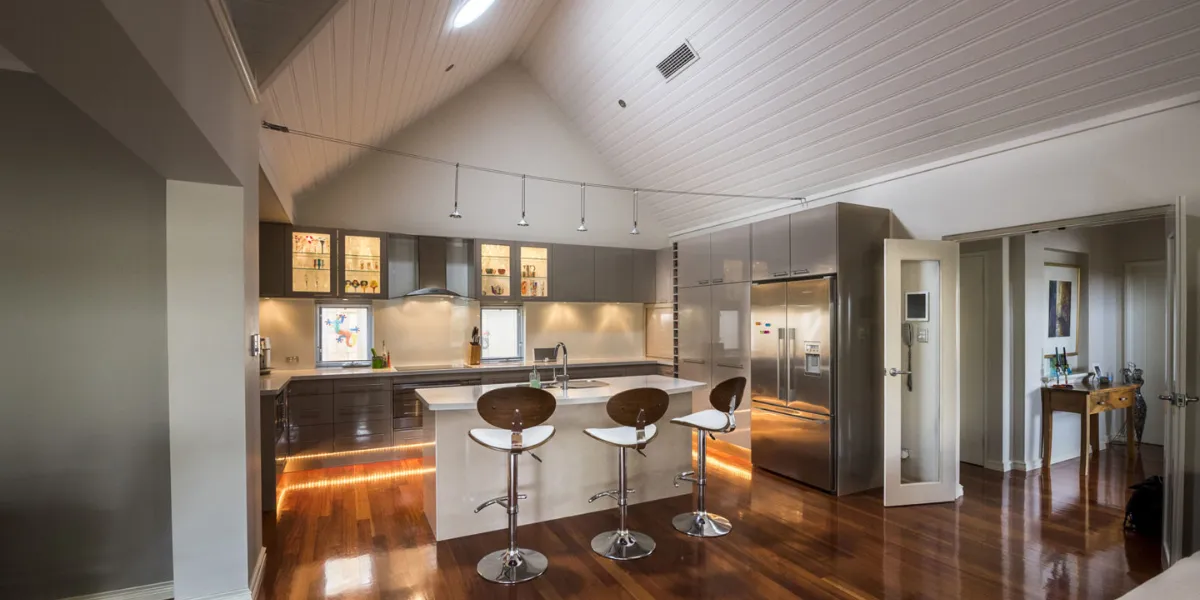
Higher floor units tend to receive more natural light and better ventilation due to their elevated position. With fewer obstructions blocking sunlight and airflow, these units are often brighter and more airy throughout the day.
Cons of Buying Higher Floor Units:
Higher Cost: The premium views and added privacy of higher floor units often come with a higher price tag. Buyers should be prepared to pay a premium for properties located on upper floors, which may not fit within everyone’s budget.
Accessibility Challenges:

Residents of higher floor units may encounter challenges related to accessibility, especially if the building lacks an elevator or has limited access for individuals with mobility issues. Climbing stairs regularly can be inconvenient or impractical for some occupants.
Elevator Dependency:
Dependence on elevators is another consideration for those living in higher floor units. In the event of elevator maintenance or breakdowns, residents may experience delays or difficulties accessing their homes, particularly if they have heavy loads or mobility limitations.
Resale Value Considerations:
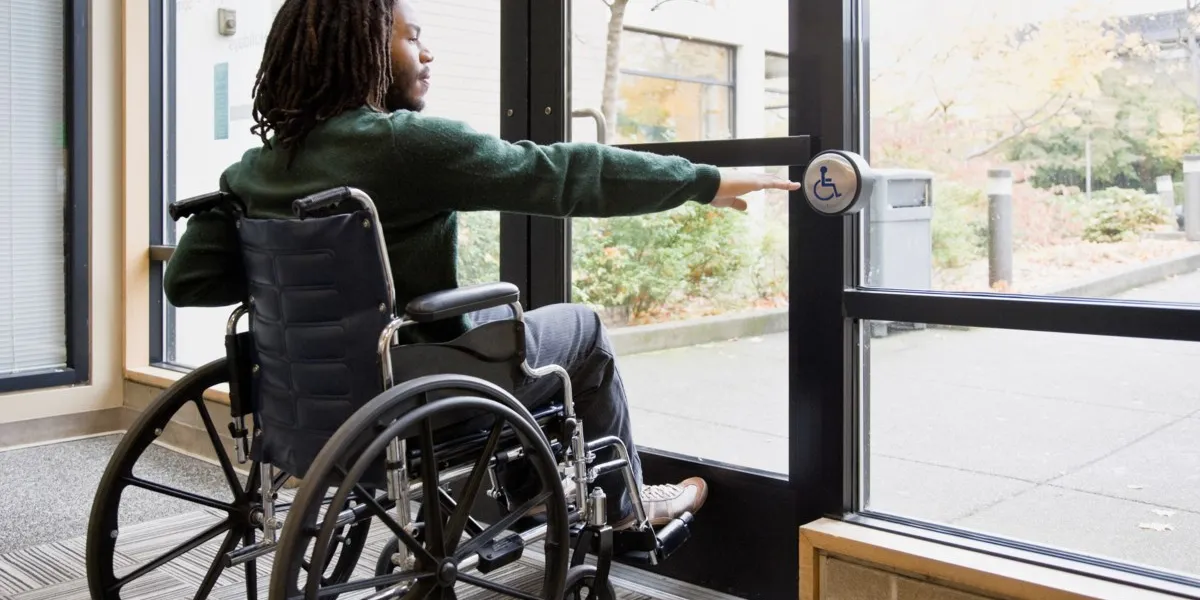
While higher floor units may command higher prices initially, their resale value could be affected by market preferences and trends. Some buyers may prefer lower floor units for various reasons, potentially impacting the resale potential of upper-level properties.
Making the Decision
In decision to buy a higher floor unit ultimately depends on your personal preferences, lifestyle, and budget. While these units offer advantages such as increased privacy, better views, and noise reduction, they also come with drawbacks such as higher costs, accessibility challenges, and potential resale considerations. By carefully weighing the pros and cons outlined in this article, you can make an informed decision that aligns with your needs and priorities when searching for your ideal home or investment property.
Click here for more visited Posts!

